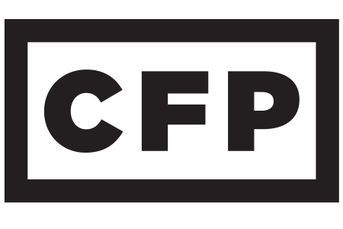CFP Board proposal another signal fiduciary is the future
The organization's efforts are another signal that the fiduciary movement is picking up steam; advisers should let their opinions be known.
The Certified Financial Planner Board of Standards Inc. added its voice to the fiduciary debate last week. In a proposed update to its code of ethics and standards released last week, the board broadened its application of when CFP professionals have to adhere to a fiduciary standard.
Without getting into the nitty gritty, suffice it to say that under the new rules those with the CFP mark, including brokers, will have to follow the fiduciary standard — that is, acting in the best interests of their clients — pretty much all of the time if the new standards are adopted. In the past, CFP holders had to adhere to a fiduciary standard during the planning process, but could follow the less rigorous suitability standard when selling financial products.
If that sounds confusing, we agree. While advisers who were “switching hats” when it came to the fiduciary standard understood the difference, it’s doubtful their clients did. By closing this loophole, the CFP Board is watching out for the interests of clients, and indirectly, the roughly 77,000 professionals who are entitled to call themselves certified financial planners.
WIREHOUSES AND IBDS
Tightening the fiduciary duty will likely have the greatest impact on those CFPs working for wirehouses and independent broker-dealers. Under the new Department of Labor rule, they have the option of using a suitability standard when selling investments, except when giving retirement advice. Those working for registered investment advisory firms are required to follow the fiduciary standard at all times. Some of the CFPs working for brokerages, who make up a large portion of CFPs overall, could decide to drop the CFP designation because of the change.
Reaction to the CFP Board proposal was mixed. Several people in the industry applauded the action, calling it a bold move since the board risks losing a whole swath of certificants.
(More: CFP Board’s proposal to expand fiduciary duty draws praise, carries risks)
Others were more jaded, predicting that brokers who are CFPs will find a way around the fiduciary standard if they want to sell high-commission products that some could argue are not in their clients’ best interests. Still others said the success of the changes will depend on the resolve of the CFP Board when it comes to enforcement of the stricter fiduciary standard.
EIGHT PUBLIC FORUMS
Supporters and critics alike will have an opportunity to weigh in on the CFP Board’s proposal, not only regarding the fiduciary standard but other changes incorporated into its 17-page updated code of ethics and standards. It is the first time these policies have been changed since 2009.
The board plans to hold eight public forums around the country between July 24 and 27, and is soliciting public comment until Aug. 21. Afterward, the board will modify or adopt the new standards.
The board is to be commended for reaching out to certificants during this process. Advisers, especially CFPs, should take this opportunity to let their opinions be known.
If nothing else, the CFP Board’s efforts are another signal that the fiduciary movement is picking up steam. It began with the DOL rule, which ignited the debate and raised public consciousness around the issue. The Securities and Exchange Commission is now considering its own version of a fiduciary standard. For proponents of the DOL rule, the CFP Board’s proposal is more good news in ensuring that the investing public receives unbiased advice, not just some of the time — when they are putting together a financial plan or planning their retirement — but all the time, every day, 24-7.
Learn more about reprints and licensing for this article.








